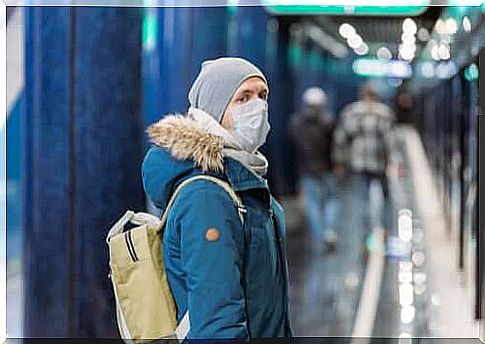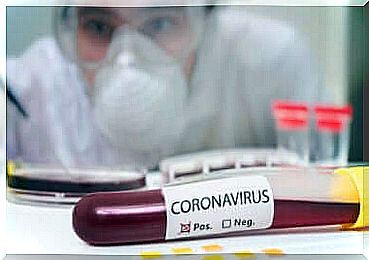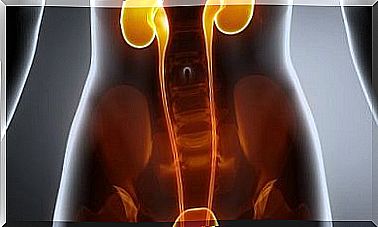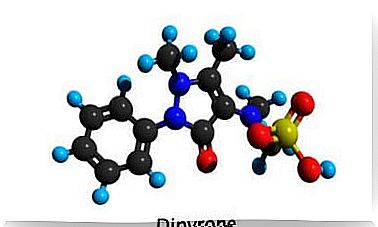Coronavirus: Is A Second Infection Possible?
Is a second infection with coronavirus possible? Find out interesting facts about this topic today. To date, there has been no known recurrence of COVID-19 contamination, but more research is needed. Read on, we will inform you about the current state of knowledge.

The new coronavirus is causing great concern for many people around the world. The number of infected people continues to rise worldwide, with the question, among other things, of whether a second infection is possible. Can you actually re-infect yourself with this virus after recovering from an initial infection? Find out interesting facts about this topic today.
Interesting facts about coronavirus
The coronavirus (also SARS-CoV-2 or COVID-19) is a strain from a virus family that normally infects animals. There are many different types within this family. Some of them can mutate and also infect humans. This is the case with COVID-19, a virus that has spread around the world very quickly and has led to drastic situations.
For most people, the disease is asymptomatic. In children there are usually only mild and unspecific complaints that are similar to those of a cold.
In general, the most common symptoms of coronavirus infection are:
- Dry cough
- fever
- Shortness of breath
Muscle pain, tiredness and general malaise can also occur. But this is not always the case.
A small number of people develop pneumonia, which can lead to respiratory failure and be fatal. Certain risk groups, such as the elderly or those with a weakened immune system, are particularly at risk.

How is the coronavirus transmitted?
COVID-19 is transmitted through small droplets that are released when speaking, sneezing or coughing and can infect others up to a distance of one to two meters away. The virus can also be transmitted if the infected person has no symptoms and is completely unaware that they are suffering from them.
The viruses can also stick to surfaces, for example on a table or on a door handle. Contact with these infected surfaces can therefore also result in infection if the hand is then brought to the mouth or nose, for example.
Is there any treatment for coronavirus?
There is currently no specific treatment available to cure this disease. Various antiviral drugs are being tested to treat more serious cases. The most important thing, however, is to avoid infection.
Treatment is also about relieving symptoms. That is why painkillers and antipyretic drugs are also used. Because it is a virus, antibiotics are not effective in this case and cannot be used for prevention or treatment.

Have you read this post yet? A new study suggests that there are two types of coronavirus strains
Is a second infection with coronavirus possible?
As already mentioned, in most cases this viral infection is asymptomatic or causes only mild discomfort. Mortality is low, probably between 1.4 and 2.1 percent, although more research is needed to determine the exact death rate. It is important to know that most of them survive the infection without any further consequences.
But what happens after that? Is a second infection with the coronavirus possible? Since this is a new strain, we lack scientifically sound information on this topic. However, no secondary infection with this virus has been reported so far.
Even if we have little information about it, experts assume on the basis of the data collected so far that a second infection is very unlikely.
Second infection and what to consider
According to the current state of information, a second infection is very unlikely. In the difficult situation we are currently experiencing, it is essential to remain calm. Follow official instructions and try to avoid contact with infected people by taking appropriate preventive measures.









